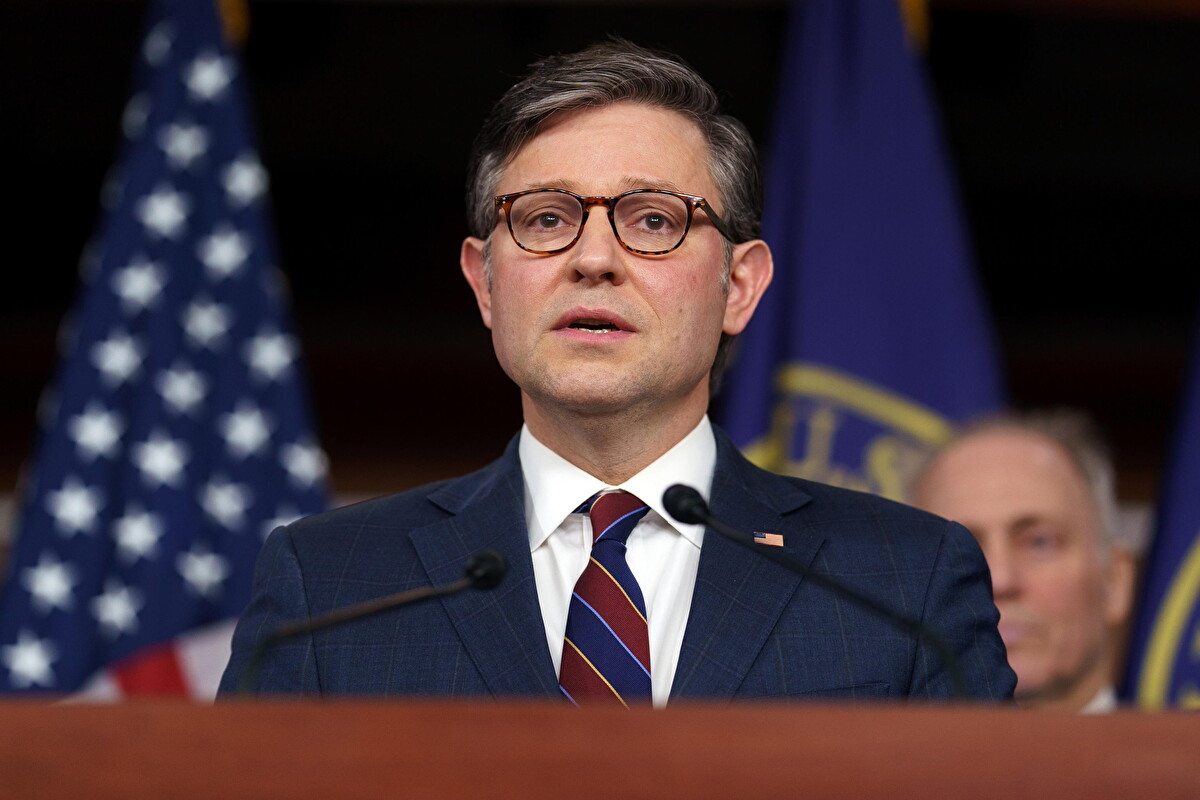The tiny West African country of Gambia inaugurated new president Adama Barrow today in a swearing in ceremony that took place in neighboring Senegal. Rather than begin his presidency in his own country, Barrow is waiting in Senegal, the country that surrounds the Gambia, as incumbent President Yahya Jammeh is refusing to step down from office. Barrow beat Jammeh in the Gambian elections that took place on December 1st, 2016 but Jammeh will not concede defeat, citing electoral errors as the reason that he lost the election. Jammeh initially seized power in a 1994 military coup and has been the Gambian ruler ever since Barrow defeated him in the presidential election.
The Economic Community of West African States (ECOWAS) has repeatedly attempted to convince Jammeh to step down and allow for the peaceful transfer of power, but still he refuses. Recently, ECOWAS led troops from Senegal, Nigeria, Ghana, Togo, and Mali have massed on the border between Senegal and Gambia, ready to enter the country if Jammeh continues to resist the will of the Gambian people. It has also been reported that thousands of Gambian people have fled across the border to Senegal in the face of unrest, while tourists are being flown out of the country as well.
In its 7,886th meeting, the United Nations Security Council voted unanimously to accept Resolution 2337, which endorsed Adama Barrow as the democratically elected president of the Gambia and gave political endorsement to the actions of ECOWAS “to ensure, by political means first, respect of the will of the people.” Many members of the council who spoke placed emphasis on the need for a peaceful resolution to this conflict, with the representatives of Bolivia and Uruguay expressing slight dissatisfaction, mentioning specifically that this resolution should not be interpreted as an endorsement for military force.
Italian Ambassador Sebastiano Cardi, echoing the sentiments of many of the other council members, applauded Senegal for their swift work in securing a resolution to this issue. Italy supported this resolution “with conviction” he said, and commended the “preventative diplomacy efforts which the international community has engaged in.” He called the actions of Jammeh “deplorable” but that this crisis has once again shown “the resilience of the region,” and that it is “showing the world that there can no longer be any space for those who ignore the legitimate will of the people in West Africa.” Cardi lastly called for a peaceful resolution of this conflict and congratulated the newly inaugurated President Barrow.
After the meeting, Security Council President, Swedish Ambassador Olof Skoog spoke to UN correspondents about the resolution. He reiterated the council’s support for the new president of the Gambia and urged the immediate resignation of the incumbent.
There is a contentious paragraph of the resolution that may be interpreted as allowing for ECOWAS to use force to remove Jammeh from office. Reports say that originally the resolution was written as supporting ECOWAS’ attempts to resolve the situation using “any necessary means” but that this phrasing was edited out after some countries objected to it. When French representative Francois Delattre was asked about this specific section authorizing military intervention in Gambia, he simply referred correspondents to the text itself (“I recommend that you carefully read the OP6”), saying that the wording was quite clear in and of itself.
When ECOWAS led troops are currently massing on the Gambia/Senegal border, it seems clear that the intentions are to use them. While we are writing, new reports show that the Senegalese troops are moving into the Gambia. While the UN may not have explicitly authorized the use of military force by ECOWAS in resolution 2337, by declaring full support of their actions in resolving the conflict, and this presumably includes the troops, they are not condemning it. If a conflict breaks out, many countries could wonder what happened to the UN practice of preventative diplomacy that the new Secretary General Antonio Guterres just recently advocated for.











